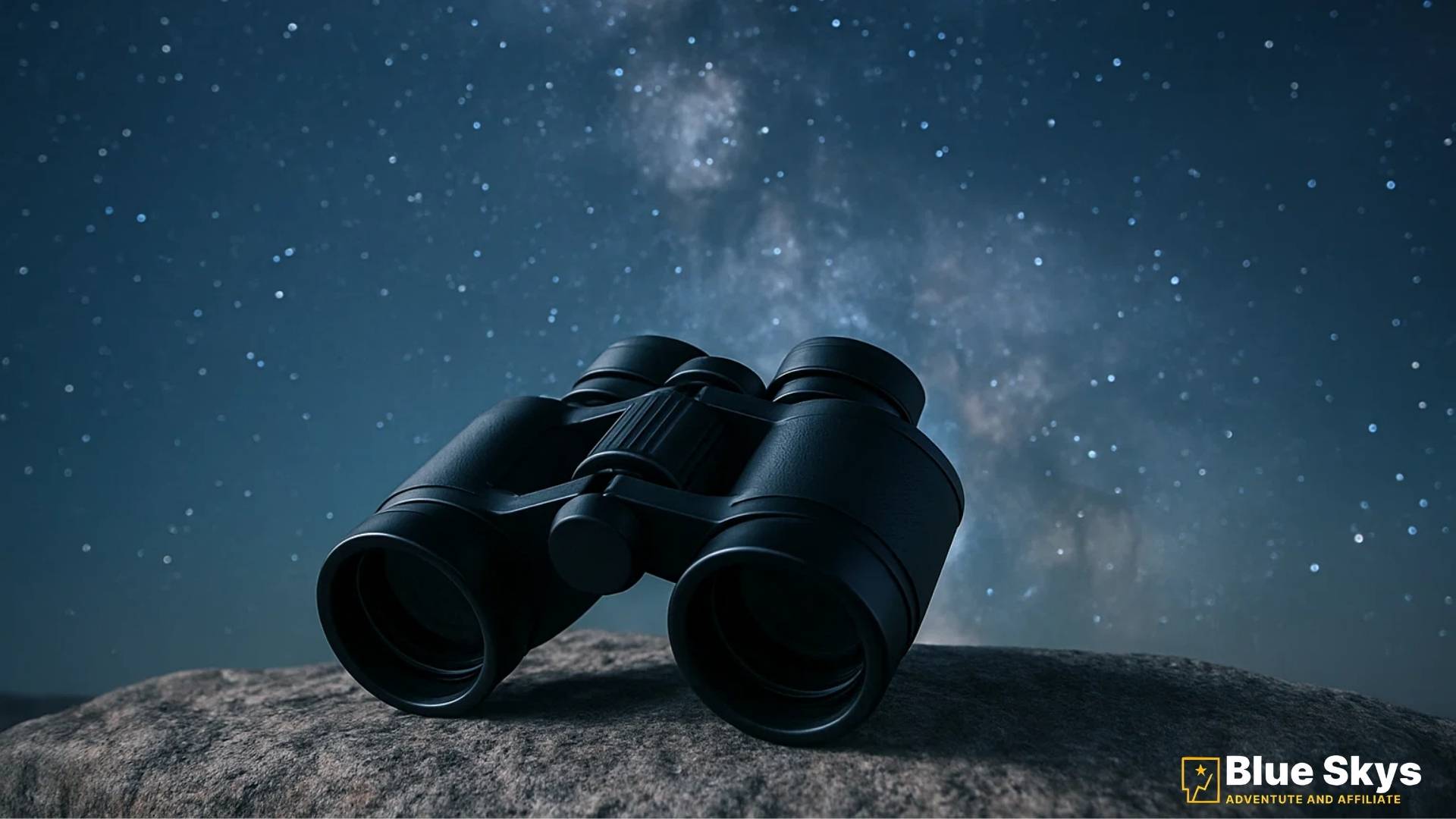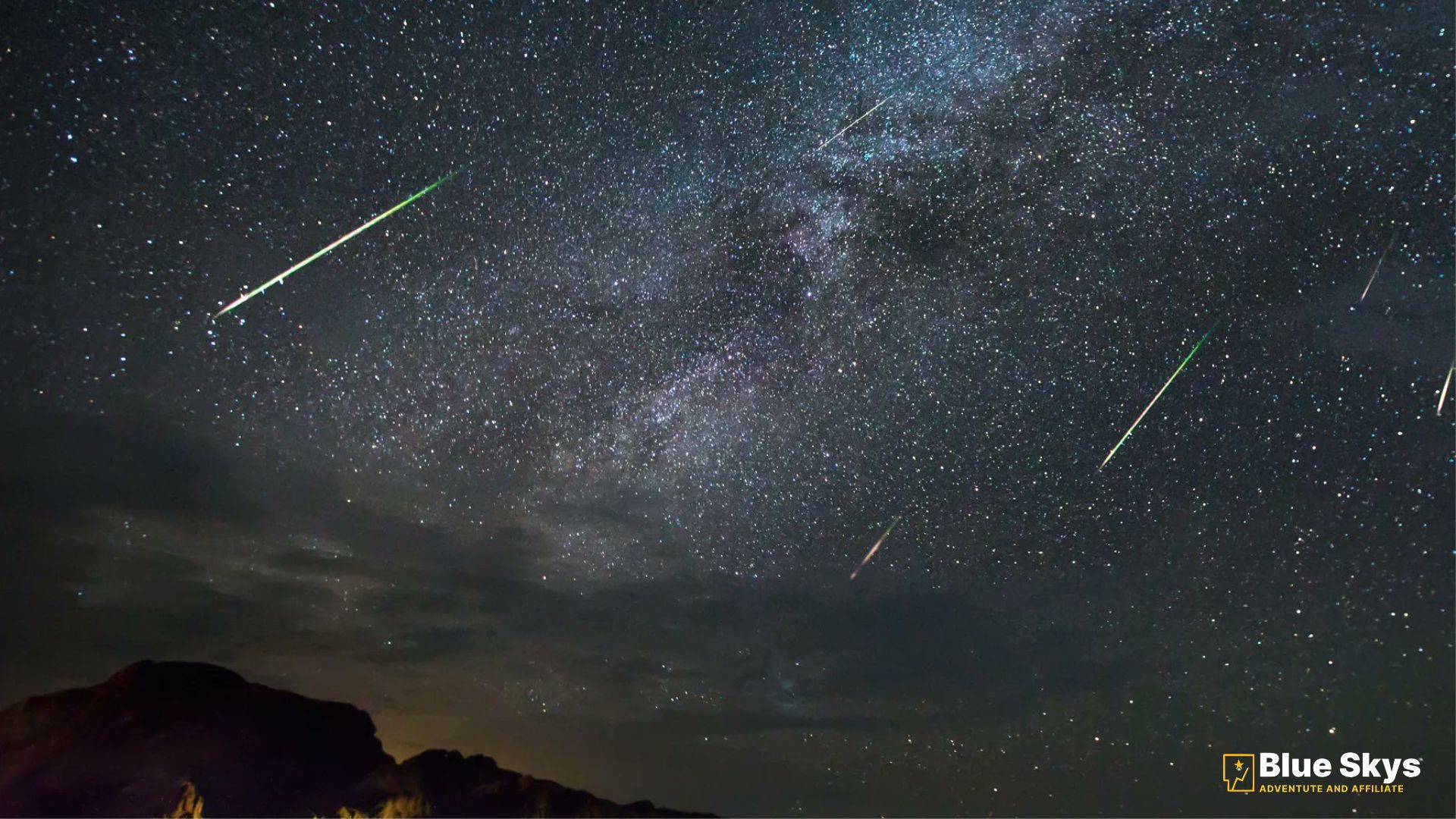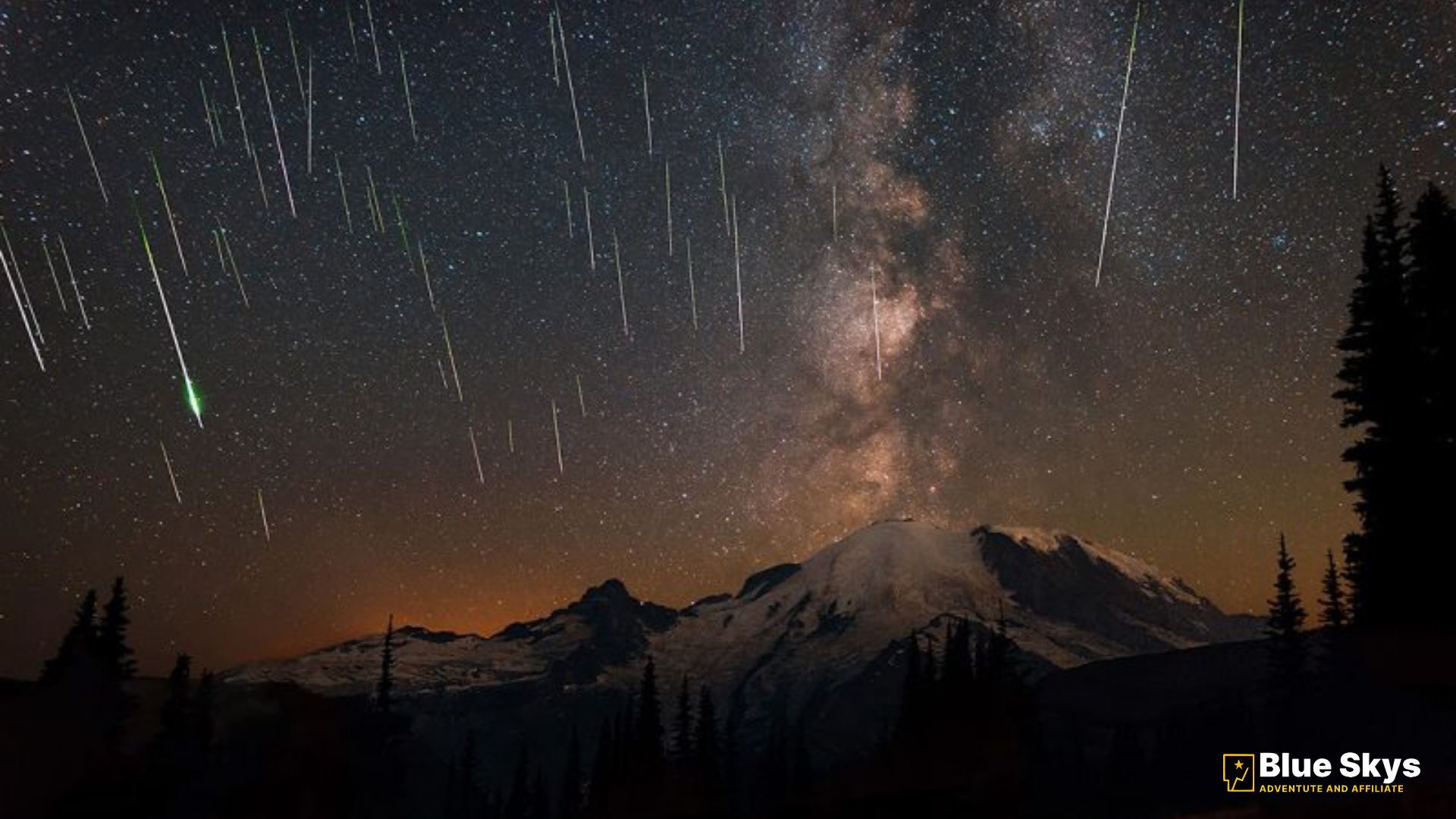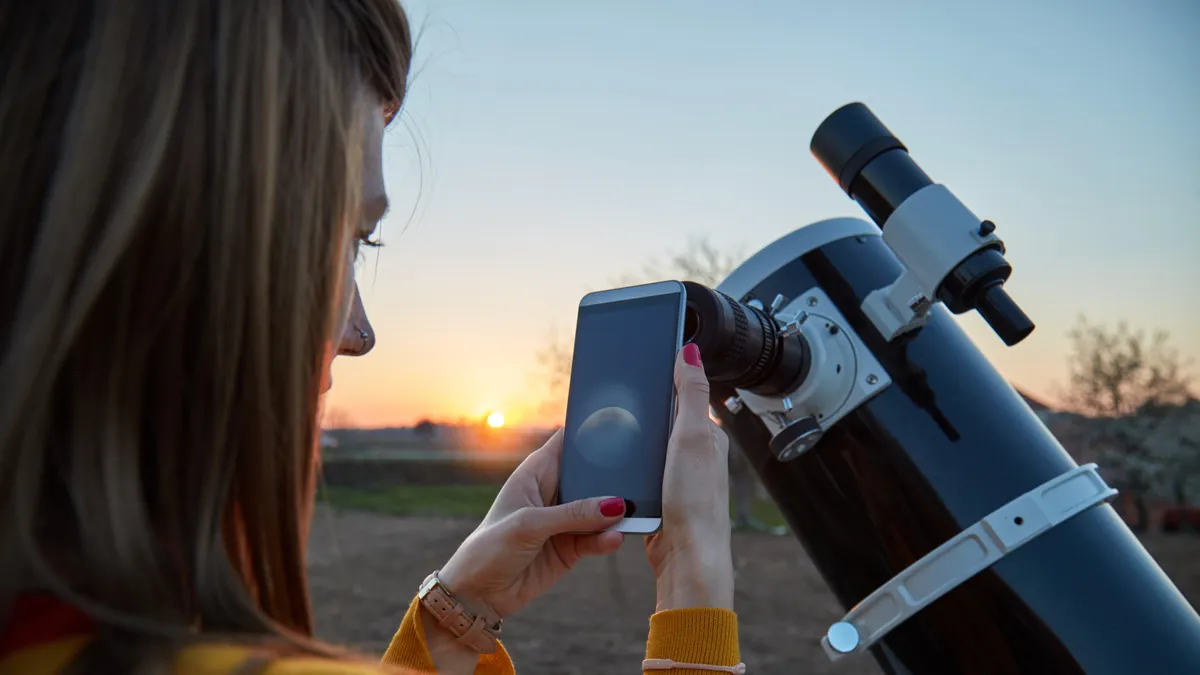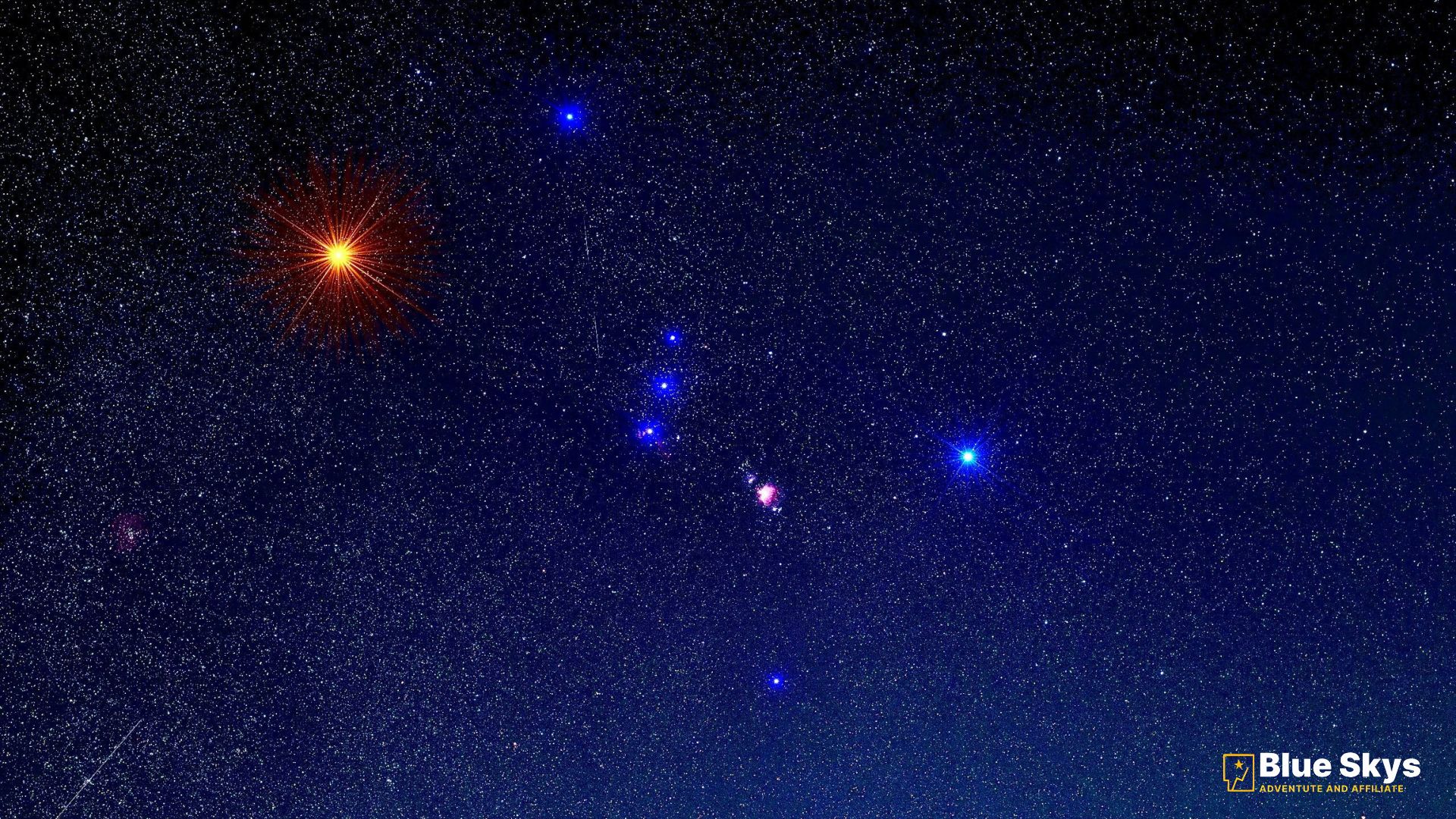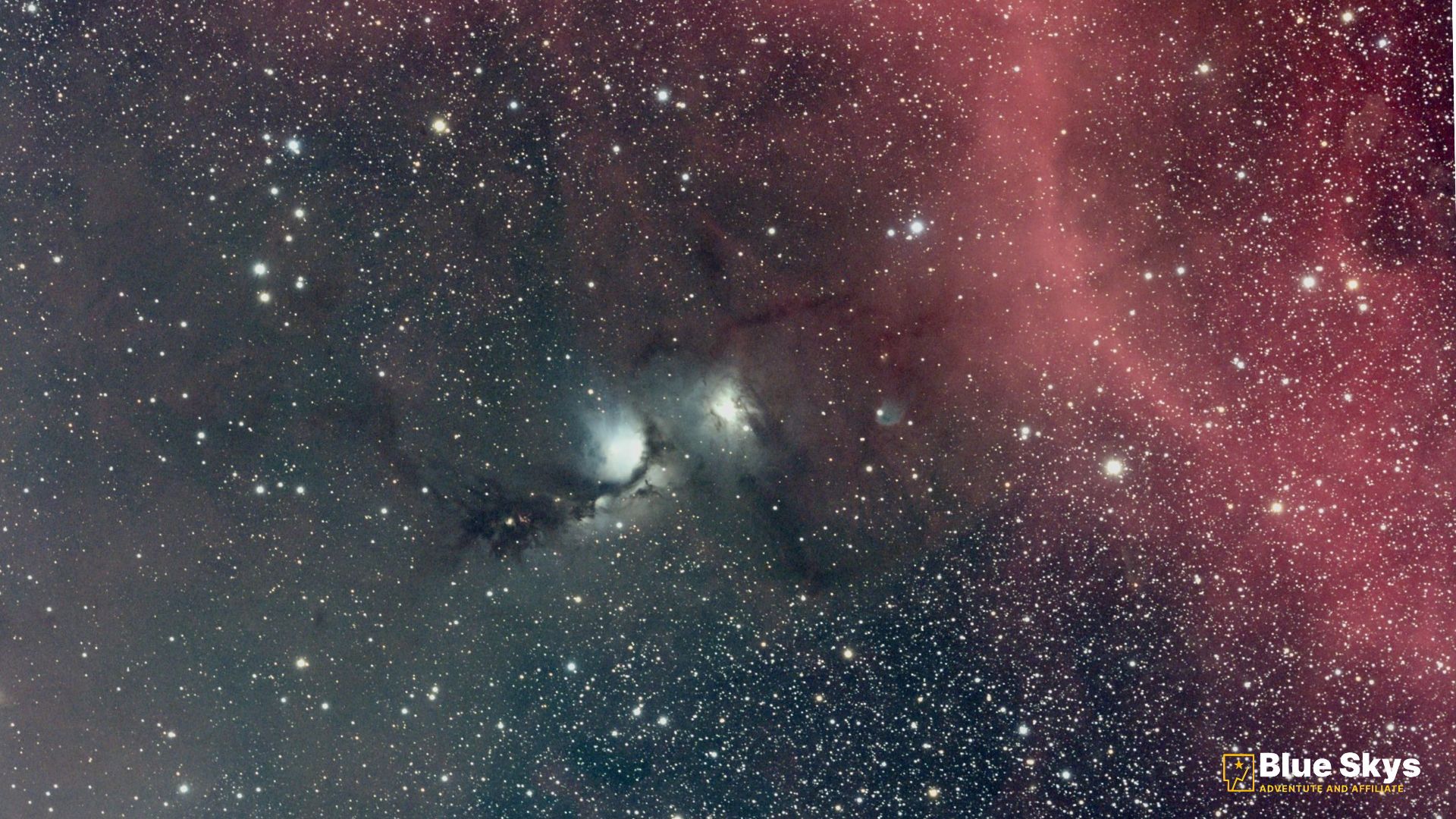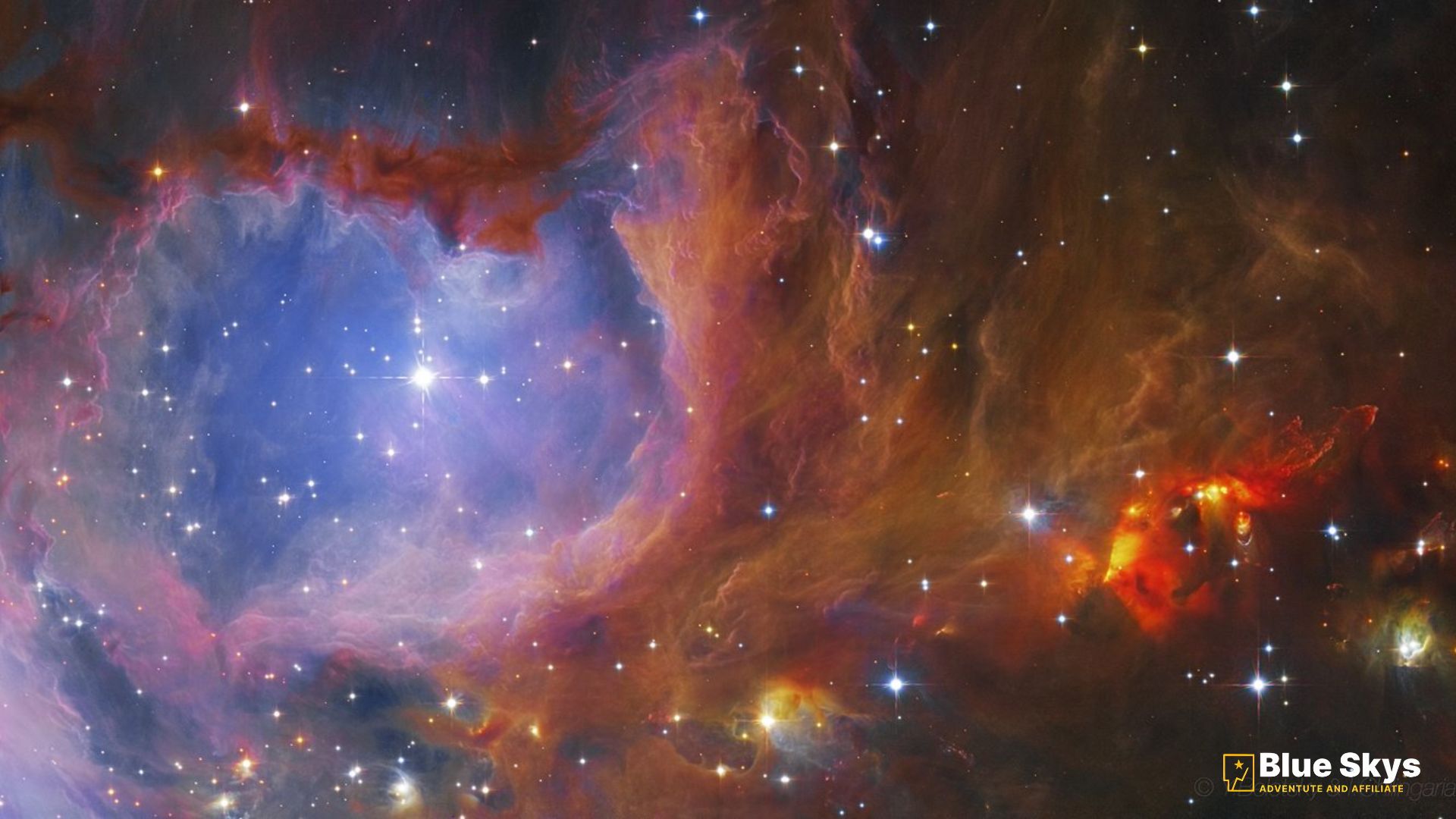Why Choose Binoculars for Stargazing?
Stargazing is a fascinating and rewarding activity that connects us to the universe. One of the most popular tools for beginners is binoculars. They offer a practical and accessible way to start exploring the night sky. Binoculars for stargazing stand out for their portability and affordability compared to telescopes.
Unlike telescopes, binoculars are lightweight, easy to carry, and require no complex setup. They’re also more versatile and can be used for daytime activities like birdwatching, making them a solid investment. Telescopes, while capable of providing high magnification and intricate views of distant objects, often come with a hefty price tag and a steep learning curve. For beginners, binoculars are ideal as they provide a wide field of view and are easy to use, making it much easier to locate celestial objects like the Moon, planets, and stars.
How to Choose Binoculars for Stargazing Beginners
When selecting binoculars for stargazing, there are key factors to keep in mind:
-
Magnification: A magnification range of 7x to 15x is ideal for beginners. Higher magnification offers more detailed views but can be harder to stabilize without a tripod.
-
Aperture: The aperture is the size of the lens and determines how much light enters the binoculars. A larger aperture allows you to see fainter objects, so look for binoculars with an aperture between 40mm and 70mm for optimal stargazing.
-
Exit Pupil: The exit pupil is the small circle of light seen from the eyepiece. A larger exit pupil helps in low-light conditions and provides a brighter image.
-
BaK-4 Prisms and Multi-Coated Lenses: These features improve image quality by reducing reflections and enhancing light transmission, essential for clear night-sky observations.
If you choose high magnification binoculars (e.g., 15×70), consider using a tripod for extra stability.
Top 5 Binoculars for Stargazing in 2025
Here are the top five binoculars for stargazing in 2025 that offer a balance of price, performance, and ease of use for beginners:
| Model | Magnification | Aperture | Weight | Price Range |
|---|---|---|---|---|
| Celestron SkyMaster 15×70 | 15x | 70mm | 2.5 lbs | $90-$100 |
| Nikon Aculon 10×50 | 10x | 50mm | 1.8 lbs | $80-$90 |
| Vortex Optics Crossfire 8×42 | 8x | 42mm | 1.1 lbs | $130-$150 |
| Celestron Cometron 7×50 | 7x | 50mm | 1.5 lbs | $40-$50 |
| Canon 12×36 IS III | 12x | 36mm | 1.8 lbs | $450 |
Best Budget Binoculars for Stargazing Beginners
If you’re new to stargazing and want an affordable option, the Celestron Cometron 7×50 is a great choice. It offers a decent aperture size and wide field of view for casual skywatching. These binoculars are lightweight and provide enough magnification to observe the Moon and bright stars, making them perfect for beginners on a budget.
Best Premium Binoculars for Stargazing
For those looking for high-end binoculars with enhanced features, the Canon 12×36 IS III provides image stabilization, which is especially useful for high-magnification views. With its 12x magnification and 36mm aperture, it’s ideal for observing celestial objects in more detail. Though the price is higher, it offers superior comfort, particularly for handheld use, without needing a tripod.
Tips for Using Binoculars to Stargaze
To get the most out of your binoculars, follow these tips:
-
Stabilize Your View: To avoid shaky images, lean on a solid surface or use a tripod, especially if you’re using binoculars with higher magnification.
-
Start with Bright Objects: Begin by observing the Moon, Jupiter, or other easily visible celestial objects. This will help you get comfortable with your binoculars.
-
Find Dark Sky Locations: For the best stargazing experience, visit areas away from light pollution. Dark sky reserves or rural locations are perfect for optimal visibility.
Conclusion: Start Stargazing with Binoculars
Binoculars are a fantastic way for beginners to dive into the world of stargazing. They are affordable, portable, and easy to use. Whether you’re looking for a budget-friendly option like the Celestron Cometron 7×50 or ready to invest in premium binoculars like the Canon 12×36 IS III, you’ll be able to enjoy the beauty of the night sky. The right binoculars will enhance your stargazing experience and open up a universe of possibilities.
